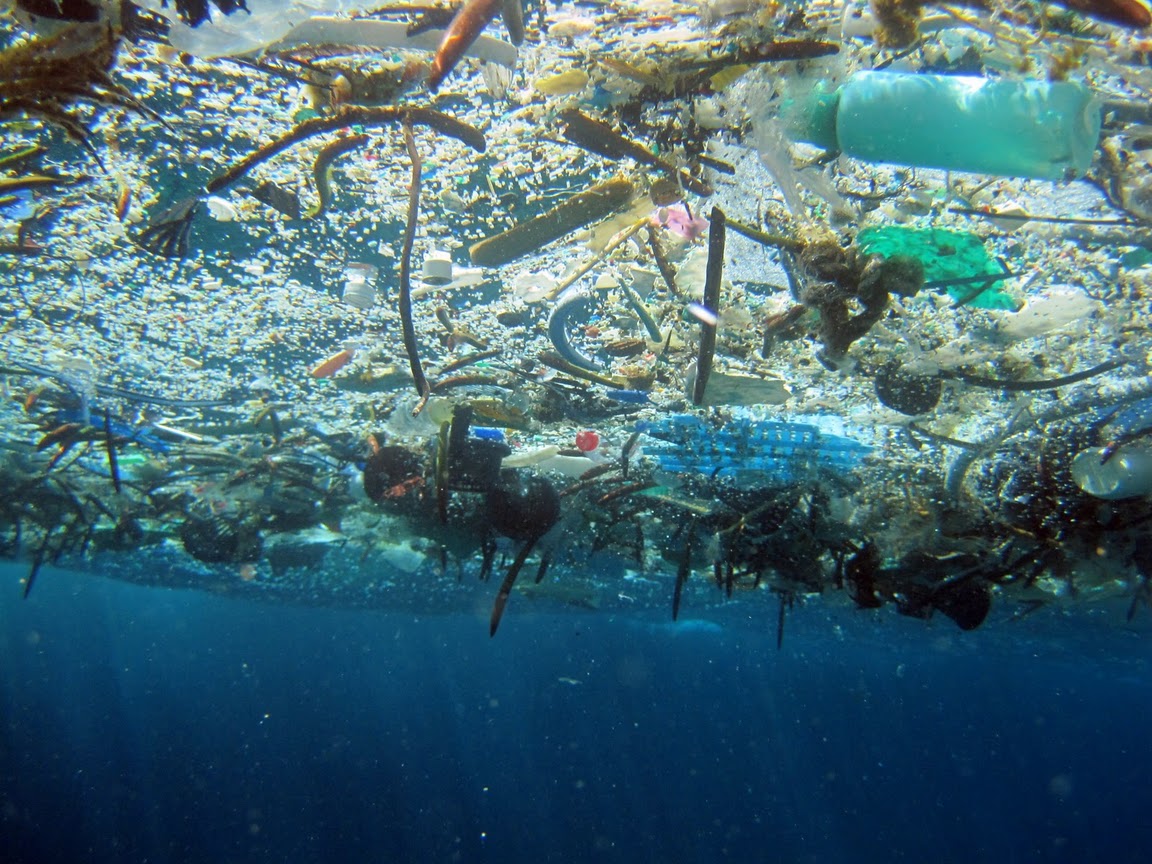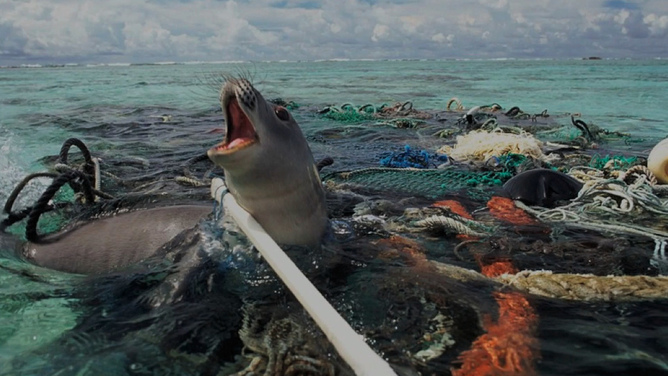Marine Debris Indicators: What’s Next?
December 16-18, 2019
Brest
- Campus relevant event
- An IEEE OES event
16-18 December 2019 – Brest, FRANCE
Goals and Scope
The goal of November 2018 workshop on “Technologies for Observing and Monitoring Plastics in the Oceans” was to identify future technology initiatives able to address the mounting global marine debris with particular focus on plastics in the ocean. The workshop addressed the interest of the UN Environment Program in finding support for their efforts to develop the methodology for monitoring marine debris indictors, in particular the Indicator 14.1.1 “Index of coastal eutrophication and floating plastic debris density” of SDG 14 “Conserve and sustainably use the oceans, seas and marine resources for sustainable development.” The major outcome of this workshop was a set of activities and goals for six months, two years and 5 years, which provided an initial road map (see Garello et al., 2019).

Recognizing the UN targets for ocean plastic and related indicators, the workshop will bring together experts on observations and monitoring of marine debris and plastics with decision and policy makers in need of comprehensive information on this challenge. Focusing on targets and performance indicators for converging towards common best practices and potential standards, the goal is to converge towards common best practices and potential standards. Bringing in relevant stakeholders, the workshop will also foster collaborative networks to ensure that evidence-based decision and policymaking are possible.
The workshop will build on the recommendations from the 2018 Workshop and aim to achieve a comprehensive description of observation means (underwater, satellite-borne, in situ, crowd sourcing, Big Data analyses) and assess their technological readiness, as well as, their availability for relevant indicators, including the SDG Indicator 14.1.1. The workshop will explore the potential for a platform linking the data to actions and develop an implementation strategy for observing networks and modeling platforms to support conjointly the different efforts to address the global challenge of marine debris.
The Workshop report will include recommendations to major institutions and funding agencies for future technology initiatives.
See more pictures of plastics pollution here...
Participation

The workshop aims to bring together a broad range of stakeholders from the Earth observation communities, research communities assessing the intermediate and longterm impacts of marine debris, United Nations and national agencies engaged in progress towards SDG 14, businesses that are aiming to tackle various aspects of the problem of marine debris, as well as, experts working at the interfaces between these communities with the goal to ensure that knowledge required for policy making is created, accessible and useable.
Those interested in participating in the workshop are asked to contact Rene Garello to discuss their contributions to the workshop. Interested participants can register for the workspace and then submit an application for the workshop participation.
Workshop Outcomes
The main outcomes of the workshop will be a workshop report. Besides a summary of the workshop proceeds, this report will include a refined road map towards a platform for marine debris and recommendations to major institutions and funding agencies for future technology initiatives.
- En savoir Plus
- Keywords : <a href="Agenda-3554-0-0-0.html?b3338_TAGs_57=272">IEEE</a>, <a href="Agenda-3554-0-0-0.html?b3338_TAGs_57=169">Plastic Pollution</a>
- Published on 17/11/2019


